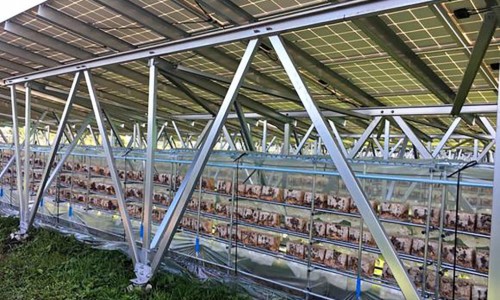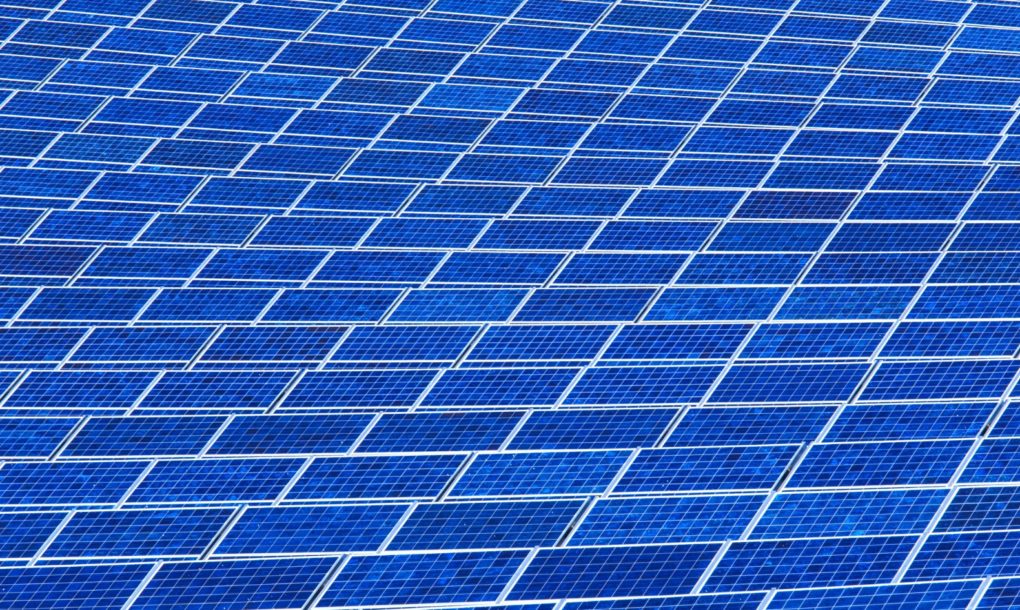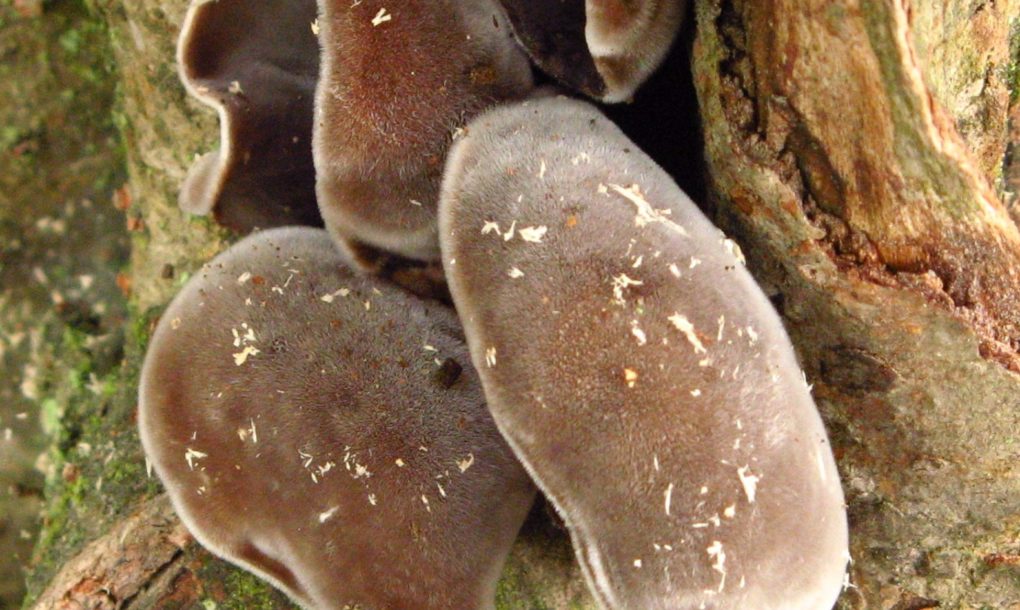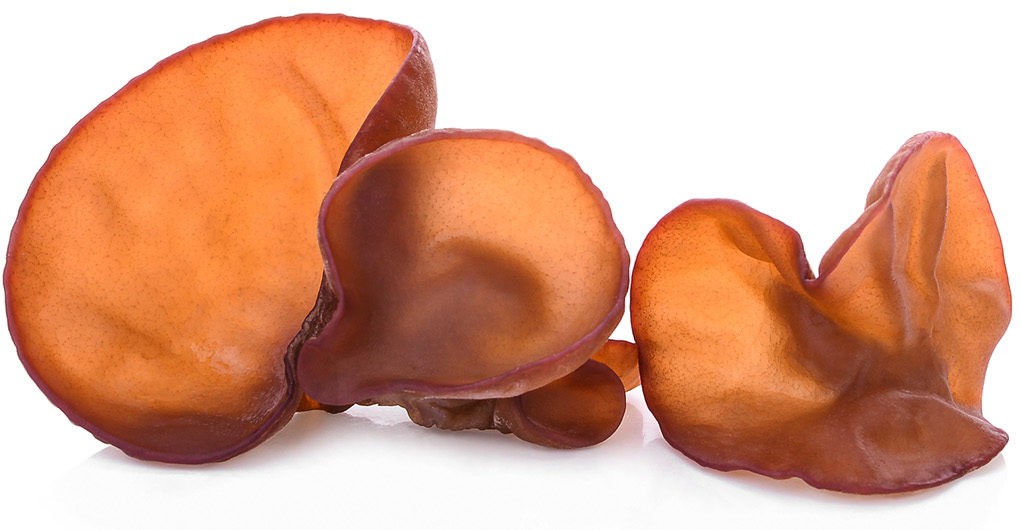RECOMMENDED VIDEOS

CAMSS™ 20Q Shelter with Energy Saving Accessories
CAMSS Shelters

Sonnen : Energy Manager
sonnen GmbH

ConocoPhillips Canada Utilizes Slipstream Technology to…
ConocoPhillips Company

HVLS Fans: Energy Saving Fans, Energy Efficient Fans |…
Macro Technologies Inc

Trinamount : for Tiled Roofs Installation (Solar Mounting)
Trina Solar (Singapore) Pte Ltd
Related Stories
The largest solar farm apiary in the US opens this week
The City of London will be powered with 100% renewable energy by October 2018
New study suggests that plastic waste may be transformed into usable energy
Uravu’s zero-electricity Aqua Panels produce gallons of water from thin air
104% of Portugal’s electricity consumption in March came from renewable energy
27 Sep, 2017

Japan’s new mushroom solar farms produce sustainable energy and food
Renewable Energy & Energy Efficiency | JAPAN | 07 Sep, 2017
Published by : Eco Media Asia
Japan’s agricultural sector could find a much-needed boost with an innovative approach to growing that combines solar power generation and mushroom cultivation. Sustainergy, a Tokyo-based renewable-energy startup, in collaboration with Hitachi Capital and Daiwa House Industry, is determined to generate a total 4,000 kilowatts of solar power on two underutilized farm sites in Japan. Not only would the 2,000 kw output at each site stand as the largest of any similar facility in the country, the solar sites will serve another agricultural purpose: the cultivation of cloud-ear mushrooms, which require little sunlight, underneath the solar panels.

In previous years, a reduced feed-in tariff kept potential entrepreneurs from seeking to convert land for solar purposes. However, in 2013, regulations were relaxed to ease the transition, though the government continued to insist that this land still be used for agriculture in some form. As Japan’sworkforce ages and its young people primarily move into urban areas for job opportunities, much of the country’s farmland is unused, with some estimates claiming that about 10 percent of agriculturalland is abandoned. If all of Japan’s abandoned agricultural spaces were converted to include solar power generation, the Ministry of Environment estimates that these projects could generate 70,000 megawatts, which would be enough energy to power 20 million households.

1.2 billion yen ($11 million) will be invested in the initial mushroom-solar sites in Miyagi Prefecture in northeast Japan. If this project proves successful, the collaborating companies plan to open up the concept to farmers and utilities across Japan, with Hitachi Capital providing panels and equipment to farmers for free, to start. This would allow farmers to become self-sufficient in their energy needs and earn a supplemental income. Additionally, mushroom cultivation would prove to be a big boost for local food; most cloud ear mushrooms consumed in Japan are currently imported from China. The solar-mushroom farms are expected to yield 40 tons of edible mushrooms while the power generated could be sold annually for 140 million yen ($1.27 million).

Article from inhabitat.com
by Greg Beach
